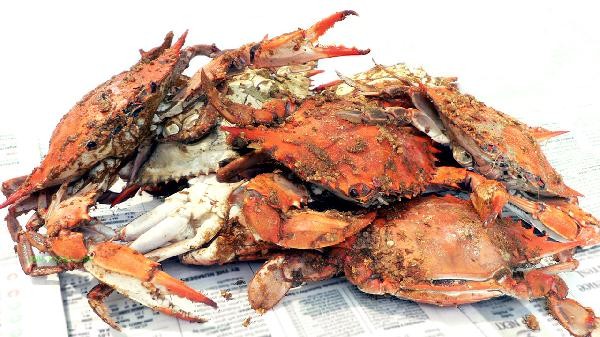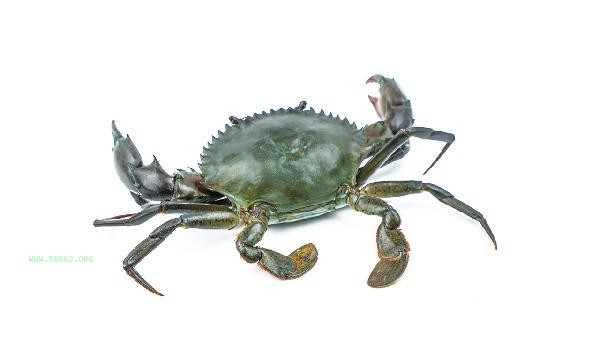Eating too much crab may have adverse effects on the kidneys, but moderate consumption usually does not cause significant harm. Crabs belong to high protein foods, and excessive intake may increase the metabolic burden on the kidneys, especially for those with renal dysfunction, with a higher risk. Occasional overdose in healthy individuals may cause temporary discomfort, while long-term overdose may trigger hyperuricemia or worsen kidney disease. Crab is rich in high-quality protein and purine components, and protein metabolites need to be excreted through the kidneys. Excessive one-time intake can lead to a temporary increase in blood urea nitrogen levels, which can be compensated by healthy kidneys, but may cause dehydration symptoms such as thirst and reduced urine output. Patients with chronic kidney disease may experience symptoms such as edema and blood pressure fluctuations due to a decrease in glomerular filtration rate and excessive protein intake, which can accelerate the deterioration of kidney function. The high purine characteristic may increase uric acid production, induce gouty nephropathy or worsen existing kidney damage. People with underlying kidney disease or abnormal uric acid metabolism have a more significant risk of [SEP]. Gout patients who consume a large amount of food may trigger acute arthritis attacks and increase the probability of urinary acid kidney stones. Excessive intake of high protein food in patients with diabetes nephropathy will aggravate the state of glomerular hyperfiltration and promote the progress of microalbuminuria. Due to physiological decline in kidney function, long-term high protein diet may accelerate the progression of glomerulosclerosis in elderly people. Some people are allergic to seafood, and the deposition of immune complexes may also lead to glomerular damage.

It is recommended that healthy adults limit their daily consumption of crabs to less than 200 grams and avoid consuming large amounts for multiple consecutive days. Pairing ginger vinegar with cooking can help neutralize coldness and reduce gastrointestinal irritation. Individuals with renal dysfunction should strictly limit their intake frequency and quantity, and prioritize choosing low purine foods as protein sources. Pay attention to drinking plenty of water after consumption to promote the excretion of metabolic waste. If symptoms such as lower back pain and abnormal urine output occur, seek medical examination in a timely manner. Daily diet should maintain a combination of meat and vegetables, and avoid long-term consumption of high protein seafood.










Comments (0)
Leave a Comment
No comments yet
Be the first to share your thoughts!